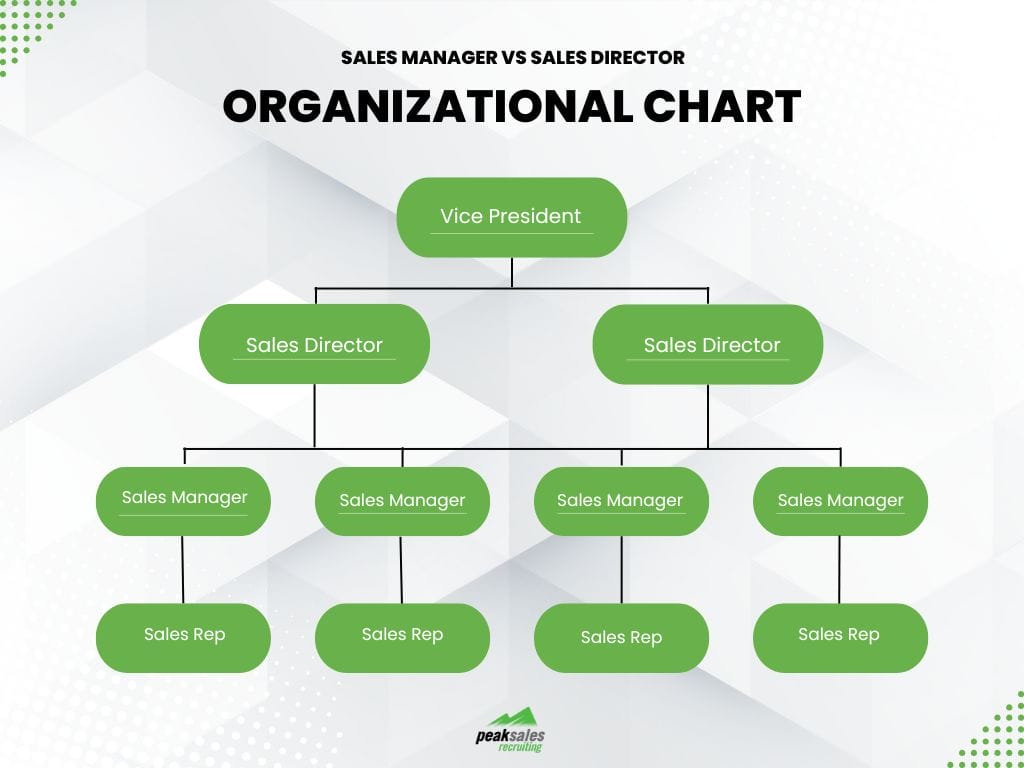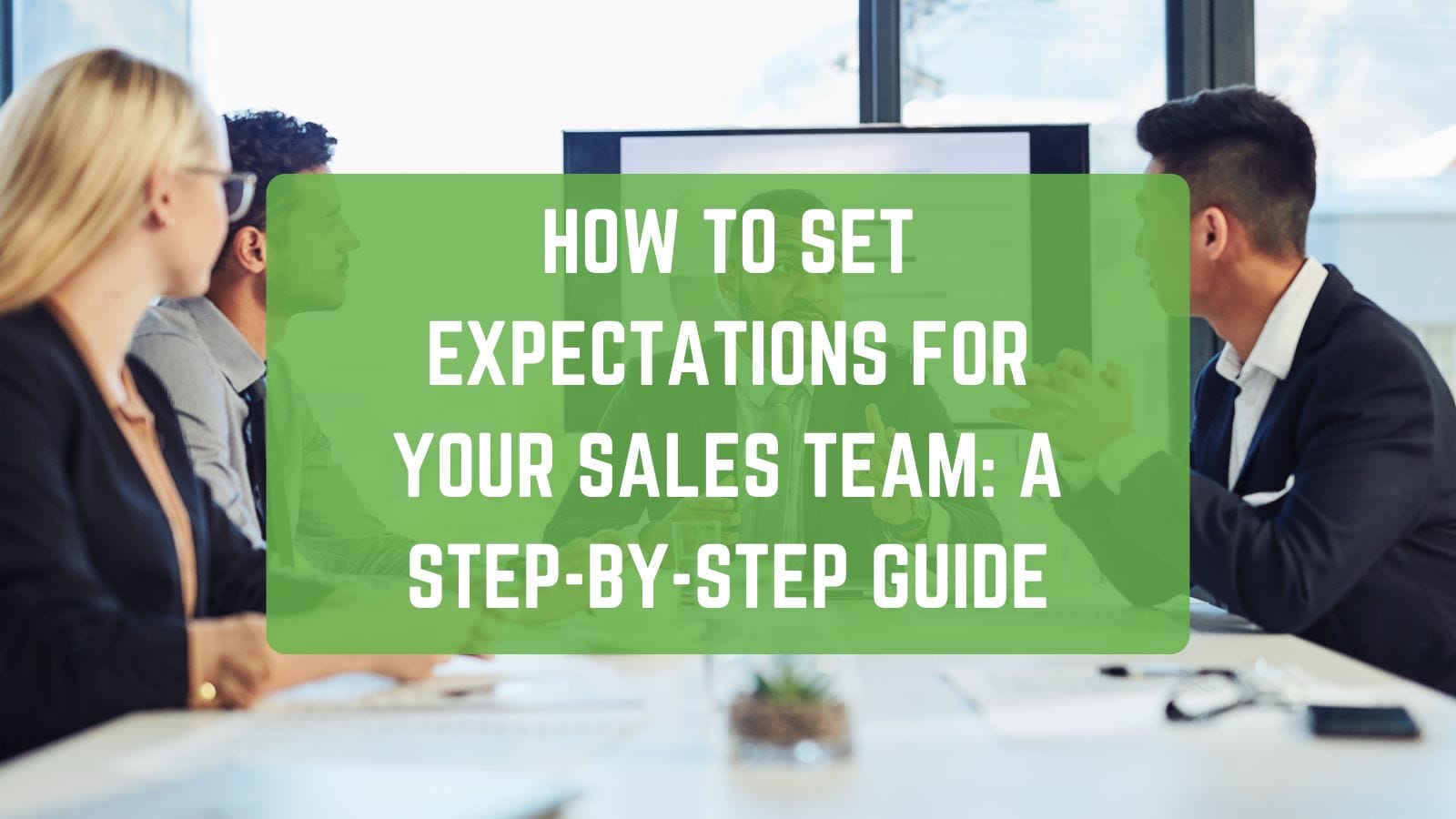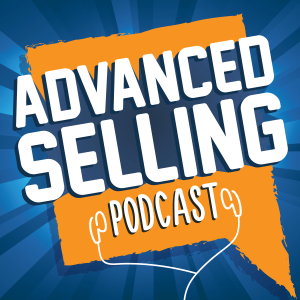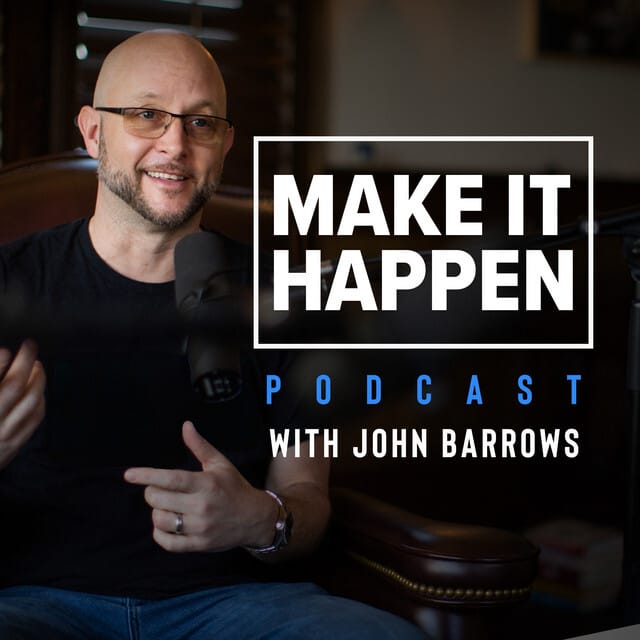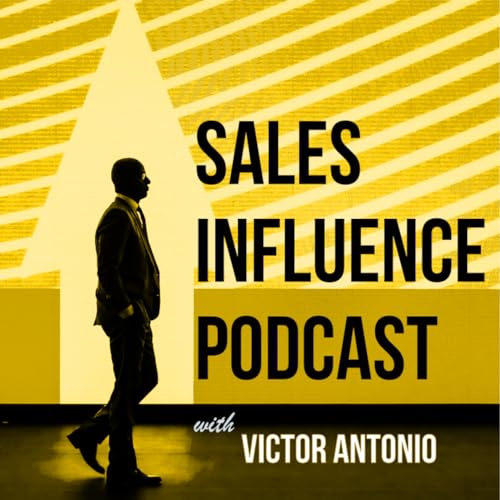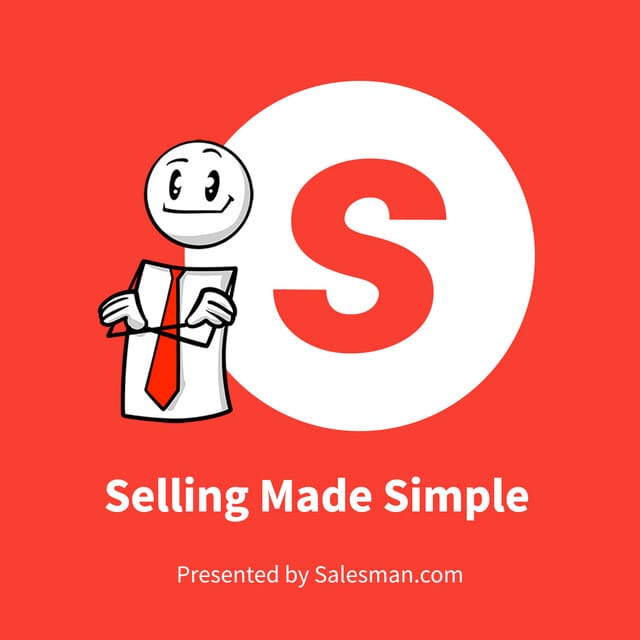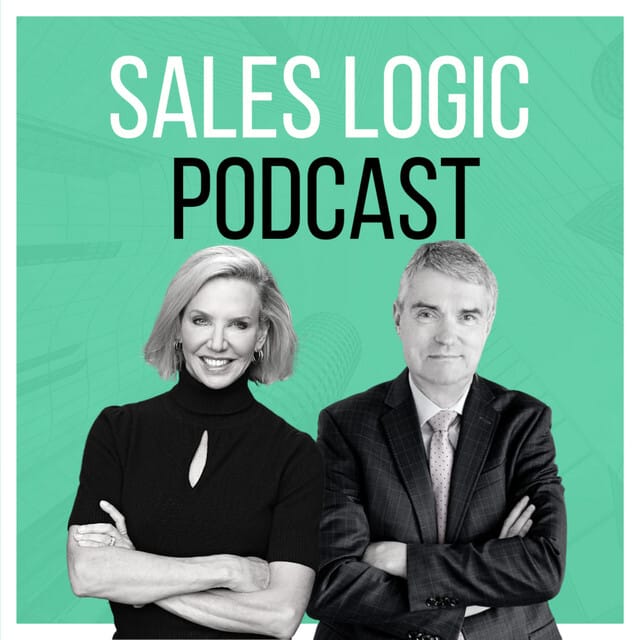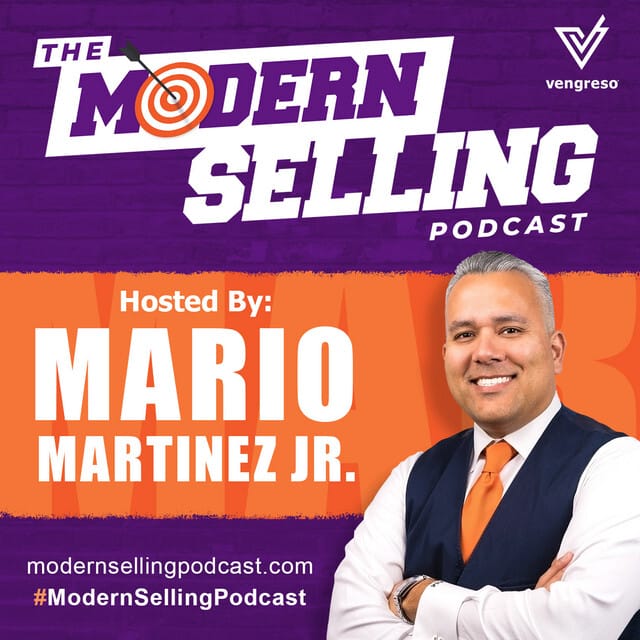Effective sales training is the backbone of a high-performing sales team, equipping your reps with the skills and knowledge they need to meet and exceed their goals. In today’s competitive market, a well-designed sales training program is essential, not just for onboarding new hires but for driving continuous growth and long-term success across your sales organization.
But with countless “innovative” training techniques flooding the landscape, figuring out what really works can be a challenge. How do you design training that empowers your team to excel without wasting time on trendy but ineffective trends?
In this blog, we’ll explore tried-and-tested sales training techniques that blend innovation with proven strategies. Whether you’re looking to sharpen the skills of A-players or transform B-players into top performers, these techniques will help you develop a training program that drives sustained success.
If you’re ready to hire sales talent who will maximize your training investment and drive real results, contact Peak Sales Recruiting today.

The Impact of Sales Training on Team Performance
It should go without saying that any professional team needs training to understand the product and the role expected of them. But great sales training goes beyond this, fostering an environment of confidence, motivation, and a desire for personal and professional growth.
Did you know that organizations investing in effective sales training achieve 18.4% higher win rates compared to those without structured training programs? With our list of innovative training methods, training sales reps to handle any situation has never been easier (or more enjoyable). From learning about product development to developing practical skills and sales techniques such as SPIN, a great sales training course should cover so much more than a basic sales pitch.
When implementing these effective strategies used by high-performing sales teams, you’ll be creating a team of confident new team members who don’t just retain the information you provided them at induction but can actively implement different selling techniques and key sales concepts to increase your bottom line and become better salespeople.
So, if you’re ready to transform your sales team into top-tier sales professionals, check out our list of the most effective strategies, techniques, and industry trends to add to your sales training process today.
Top 14 Sales Training Methods to Enhance Team Performance
1. Try Role Playing
Role-playing can feel a little cheesy sometimes, but it’s a tried-and-tested method for ensuring a sales team understands the job required of them. Set up two chairs back-to-back so the trainee can’t respond to visual cues, then either take on the role of customer yourself or have another member of the team take on this role. These games can help improve your sales team’s improv skills and allow them to practice their knowledge of your company/product.
If you want to take role-playing exercises to the next level, it can be incredibly valuable to switch up the roles, too. Try having the trainee play the customer and the sales manager act as the rep, answering the “customer’s” questions and resolving their objections. Get the trainee to ask harder and harder questions and try to put the sales manager on the spot to provide an excellent demonstration of how the best sales talent deal in stressful situations – and be sure to save time at the end to discuss what went well and/or ways the “call” could have gone better.
2. Focus on Individual Skills
Being a good sales representative isn’t about any one skill. So, as part of your training program, it can be a good idea to break down the learning experience to look at each of the skills a top-performing sales representative needs. For example, one day, you could work on active listening skills, the next on soft skills, the next on script development, ethical selling practices, time management, and so on. And don’t forget the more practical elements: every sales professional working for your company should know the product features backwards and upside-down, including being knowledgable about the product development and any new products coming to market.
Take a look at our article on the weaknesses of a salesperson and sales training ideas to skyrocket your team’s performance for more suggestions on how you could break down your training to cover specific skills/areas of expertise.
3. Listen to Call Recordings and Case Studies
If you want your team to learn from the best, try compiling a list of the best sales calls your team has taken over the years, then compare these with calls that didn’t go so well. Afterward, have the group discuss/identify common themes and key sales concepts and break these into actionable steps. This could be done together as a group, or each trainee could work on a checklist individually to bring together at the end.
If your sales department isn’t solely telephone-based, include case studies and success stories that happened face-to-face. Again, you could use role-playing to bring the stories to life and get your sales team involved in a more interactive way.
This can also be a really useful opportunity to practice some targeted training: if there’s a sales concept your team is struggling with, try to find an example of one of your senior salespeople dealing with it well. Have the team listen to the call or follow the case study, then work as a group to dissect what went on and how they can use those same strategies themselves.
4. Start with Shadowing
An oldie but a goodie! Pair up your new talent with your best sales talent and have them shadow to see first-hand how the experienced members of the team handle everyday sales. This could involve them listening in to live sales calls, learning on-the-job virtual selling skills, following your existing sales professionals on the sales floor, and even learning from disappointments or lost sales (remember, these can be just as valuable a learning experience as a successful sale). Be sure to allow some time after the interaction for questions and to discuss any key concepts or skills the sales professional demonstrated.
5. Don’t Overlook New Talent
Although it’s a good idea to pair your sales trainees with the most experienced staff members, don’t underestimate the value new blood can bring to the table. Whether your new rep has 10 years of experience or this is their first sales position, you might be surprised by what insights, skills, and techniques they already have that your existing team could learn from.
6. Get Ready for Objections
Every salesperson will come up against objections in their work. But how do you train them to deal with objections? While some will have a natural flare for objection handling, one great sales technique to share with your team is reframing: turning a perceived problem into an opportunity. For example, if a customer tells you the timing is wrong, you could point out to them how waiting until the timing feels right might be too late, and it’s always better to be prepared.
Some good old role-playing is a great way to teach reframing and objection handling. Speak to your existing sales team to uncover the most common objections your real customers have and get your trainees to isolate and resolve the objection. Remember, the key to a good reframing process is threefold:
- Care: Show the customer you understand their objection and care about resolving it for them.
- Assess: Is this the customer’s true objection? What’s the question they’re actually trying to ask?
- Reframe: Show them why their perceived problem isn’t a problem at all and take the opportunity to teach them more about what you’re offering.
Don’t forget to switch up the role-playing and have the sales manager act as the rep and the trainee be the customer to demonstrate how it could be done and inspire the team.
At the end of the exercises, have the team create a ‘cheat sheet’ of common objections and effective resolutions/reframes that they can use on live calls later. You may want to have some answers prepared already that can be added as well.
7. Give it a SPIN
SPIN selling is renowned as one of the oldest and best sales methodologies and can be invaluable for closing complex sales. Remember, when training your sales department on SPIN selling, it’s all about asking the right questions at the right time:
| S – Situation | Gather information about the customer’s current situation. | “What tools do you currently use to do X?” |
| P – Problem | Identify current pain points and problems with their situation | “Does your current system ever go wrong?” |
| I – Implication | Establish the negative outcome of these problems | “How much does it cost you when those tools fail?” |
| N – Needs payoff | Lead them to draw their own conclusions on how much better things could be. | “Wouldn’t it be easier if…?” |
Once your new starters have learned the algorithm, a great sales training technique to help them solidify the SPIN system would be to go through each letter, trying to come up with as many relevant questions as possible. Remember, these questions shouldn’t be anything you can easily find online, so follow up this exercise with some detective games:
Have your trainees pick a business owner to target and write a list of 50 SPIN questions. Then, have them research the person online for 20 minutes. For every question they can answer online, they lose a point. This will help them digest the idea that SPIN questions should be genuinely insightful and encourage them to research their prospects before getting in touch.
8. Use the Carrot
Generally, people with a passion for sales are very incentive-oriented. In other words, they love a reward for a job well done! Keep the motivation high for new starters and experienced workers alike with boosts in commission and competitions based on KPIs and other sales metrics throughout the year. For example, you could increase the commission for the team with the highest sales or another target you want to focus on.
Commission, flexitime, physical prizes, holidays, etc., are great incentives for motivating your dream sales team. For more inspiration, take a look at our list of 20 sales contests to inspire peak performance from your team.
9. Make it Personal and Ongoing
Once you’ve released your new sales rep onto the floor, it’s important to remember that this shouldn’t be the end of their training. When most sales organizations drop the ball after the first two weeks of sales training, top performers invest in their teams’ ongoing professional and personal development and don’t expect new hires to thrive with minimum ongoing support.
Scheduling regular 1:1 meetings and team huddles is a great way to reinforce the techniques learned in training once reps start making calls, handling objections, and facing real-world challenges. Review specific obstacles they’ve faced and try re-enacting scenarios to help develop tailored solutions and build stronger, more capable sales reps.
You could even take your team’s ongoing development a step further by offering them the chance to participate in extra studies to achieve certifications. Our list of the best sales training topics makes a great starting point on where you could offer extra learning opportunities.
Remember, effective sales training isn’t about doing everything upfront; it’s about making development a permanent part of the team’s culture.
10. Keep an Eye on The Bigger Picture
A sales representative will always do better if they understand the bigger picture, rather than taking a narrow view of their sales metrics and KPIs independently of the rest of the company. Have your new starter shadow experts in different departments of your company so they can see how the wider business works. This can also help deepen the rep’s understanding of the product and what pain points it solves, making it much easier for them to close that sale when the time comes!
11. Train with Thought Leaders – and Let Your Team Learn from The Best.
Whether it’s an online webinar or an in-person conference, offering your team the chance to learn from and mingle with the best in the business is an invaluable experience. You could offer tickets or arrange access to events being hosted by others, or even schedule industry experts to come and talk to your team yourself. Encourage anyone attending out-of-office seminars or programs to bring back what they’ve learned to ensure the whole company can value from the experience and give the attendees a chance to solidify what they’ve learned.
Similarly, you could arrange access to an online sales training course or advanced sales training courses to allow your team to develop and practice their skills independently. Getting your team to learn online could boost their virtual selling skills, too, as they get used to handling online situations and utilizing your digital sales tools.
12. Consider Micro-Training
Studies have found that long isn’t always better for learning. Bite-sized training, also known as micro-training, aligns better with our brain’s natural preferences, allowing us to retain more information in the long run.
So, when planning your company’s sales training program, consider ditching the hour-long lectures and focus instead on short, digestible spurts of teaching interspaced with games and other interactive exercises to keep trainees engaged (try these out-of-the-box ideas for some inspiration). After all, engagement is just education plus entertainment. So keep it short and fun!
13. Assign Mentors
According to Aberdeen, only around 44% of organizations reinforce their sales training program with regular refreshers and follow-ups. However, handling an entire sales force can be difficult when providing personalized, ongoing support. Ensure all questions can be handled quickly and efficiently by assigning mentors to your new starters to provide guidance. Have your mentors produce summaries that can be used to guide future training techniques or show where the team needs a refresher.
Obviously, if you’ve only got a small sales team, this might be unnecessary or even impractical to do for every team member. But you can still assign a few senior salespeople to act as the ‘go-to’ for small, everyday questions to help ensure the management team is available for the bigger issues. The important thing here is that your new salespeople know where to turn for some extra support and guidance, even once they’re out of training and released onto the sales floor.
14. Provide CONSTRUCTIVE Criticism
It’s been said that making mistakes is the best way to learn. But just being told you’re doing something badly is not only unhelpful, it’s demoralizing. So, remember to be as detailed and constructive as possible when giving feedback to old and new sales team members alike. We all have the potential to turn mistakes into lessons, so don’t let this learning opportunity pass you by.
The Bottom Line
Finding the right sales training techniques can be challenging. But keeping lessons short, varied, and interactive with plenty of space for constructive feedback and discussions is a great way to ensure your trainees stay engaged. Remember, learning is never done, so any sales manager should be prepared to be in it for the long run if you want to retain top talent.
For a deeper dive into the world of sales training and to explore additional resources, check out our latest blog posts.




